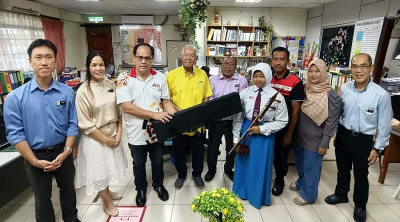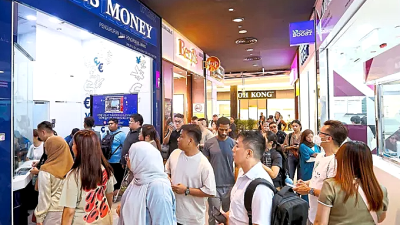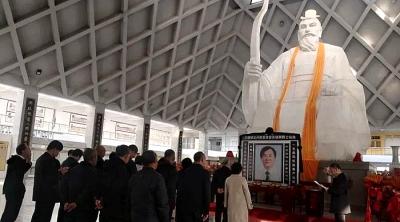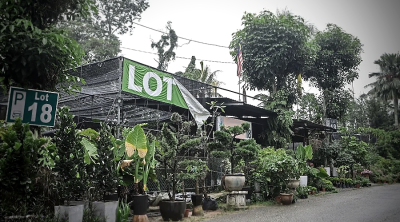Tsering Wangmo performs one of the most physically demanding roles at a government-funded nursing home in Nyingchi, Xizang autonomous region.
Over the past six years, the 34-year-old care-giver has been tasked with providing around-the-clock care for two bed-ridden seniors.
Her duties include feeding them on time, repositioning them in bed every two hours to prevent bed sores, ensuring they adhere to their medication schedules, and promptly changing soiled bed linen.
However, her workload eased earlier this year when the nursing home provided digital wristbands to 32 of its 98 elderly patients and upgraded conventional mattresses to smart ones for 10 seniors with special care needs, including the two under her supervision.
These devices are designed to alert the care-givers on their smartphones when it is time to assist the seniors with medication or other services.
“The devices send me alerts if those under my care show irregularities in their vital signs such as pulse rate and blood oxygen concentration, which allows me enough time to call for medical help,” Tsering Wangmo said, adding that technology has made her job much easier.
Many nursing homes are scrambling to recruit qualified care-givers for elderly patients, partly due to the stigma attached to the labour-intensive job.
On many occasions, officials have emphasised that care-giving is a respectable profession, which can relieve the worries of patients’ families as well as of society at large.
Fortunately, the introduction of smart devices since early this year is helping ease the manpower crunch in a rapidly greying nation.
The regional government of Xizang has also established precise care-giver-patient ratios to ensure optimal care-giving standards.
The system dictates a 1:1 ratio for bed-ridden seniors, a 1:3 ratio for partially disabled patients, and a 1:10 ratio for others.
By implementing this mechanism, the regional government aims to guarantee that seniors with varying levels of need receive the appropriate levels of care and support.

Loyang Sonam, an administrator at the nursing home in Nyingchi, said that many patient facilities, however, struggle to meet the requirements due to a shortage of capable care-givers.
“We’ve made a compromise. We assign one care-giver to every two elderly patients with severe mobility issues and one care-giver to every six more independent seniors,” he said.
The adoption of smart technologies at elderly care facilities is also reducing fire risks and preventing negligence.
Phurbu Tashi, director of the Nyingchi nursing home, said that administrators are alerted if bed-ridden seniors are not repositioned in bed as required.
In addition, sensors installed in every room promptly trigger alarms in the event of a fire.
Friday marks this year’s Seniors’ Day, also known as Double Ninth Festival in China, a traditional Chinese occasion honouring senior citizens on the ninth day of the ninth month in the lunar calendar.
Official figures show that China has nearly 300 million citizens age 60 or above.
The significant increase in the elderly population is due to a mix of factors, including longer life expectancy and a falling birth rate.
According to the National Health Commission, about one-third of the Chinese population will be more than 60 years old by 2050, creating a huge demand for care-givers.
China is turning to smart technologies to enhance care for its rapidly growing elderly population.
In Hangzhou, Zhejiang province, a community cafeteria has equipment at its entrance which can assess the health conditions of senior diners and provide dietary recommendations.
Similarly, in Qingdao, Shandong province, the government has subsidised the installation of smart beds in the homes of seniors living alone.
These beds can alert community workers if the users are absent for an extended period, indicating a potential fall or other emergencies.
In January, the State Council, China’s Cabinet, released a circular focusing on advancing the silver economy.
The circular outlined plans to encourage the use of smart elderly care devices such as wearables and robots, in order to simplify activities including monitoring health metrics and assisting with household tasks.
Tsering Wangmo, the Nyingchi nursing home employee, who is a high school graduate, said she quit a cleaning job at a local airport six years ago and attended training programs to become a certified care-giver.
Care-giving requires both patience and skills, she said, adding, “I love my job. Everyone will be old one day, including me.”
ADVERTISEMENT
ADVERTISEMENT








































